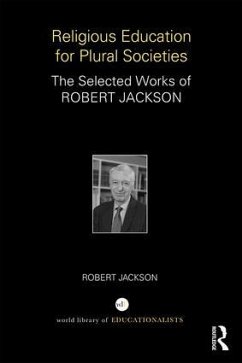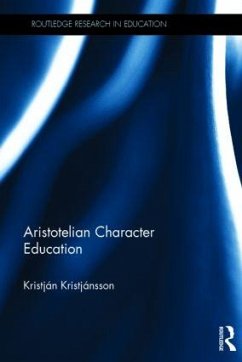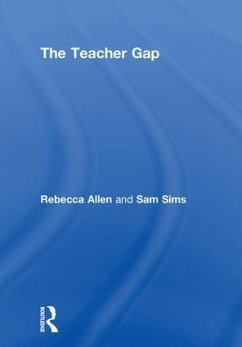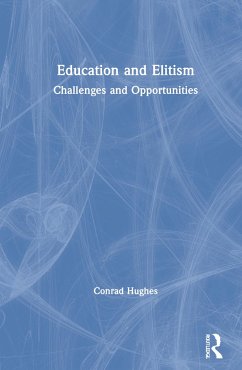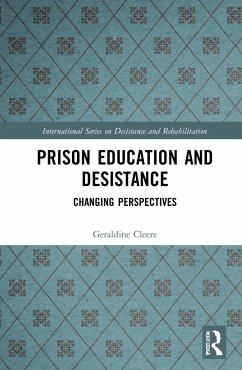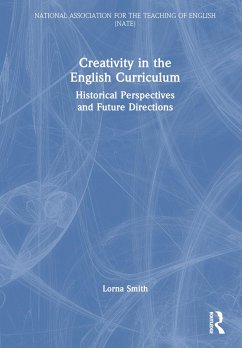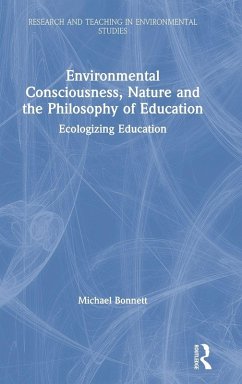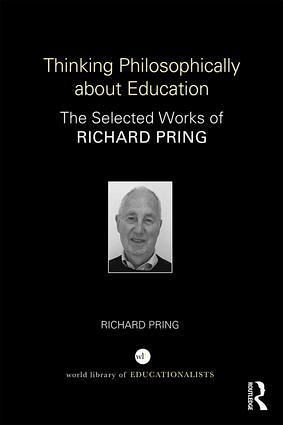
Thinking Philosophically about Education
The Selected Works of Richard Pring
Versandkostenfrei!
Versandfertig in 1-2 Wochen
167,99 €
inkl. MwSt.
Weitere Ausgaben:

PAYBACK Punkte
84 °P sammeln!
Highlighting key writings from Professor Richard Pring's international career in education, the texts in this book provide a historical perspective in relation to current debates about philosophy of education in the UK and internationally, drawing attention to issues of current concern.





